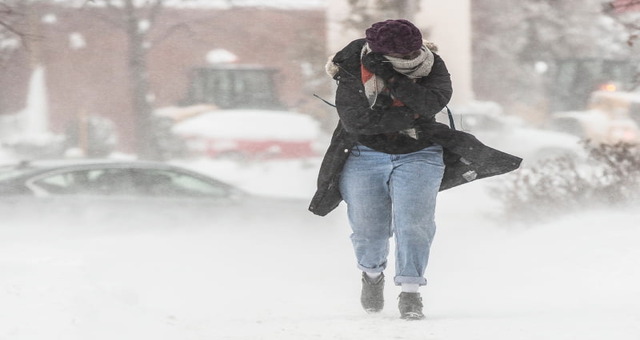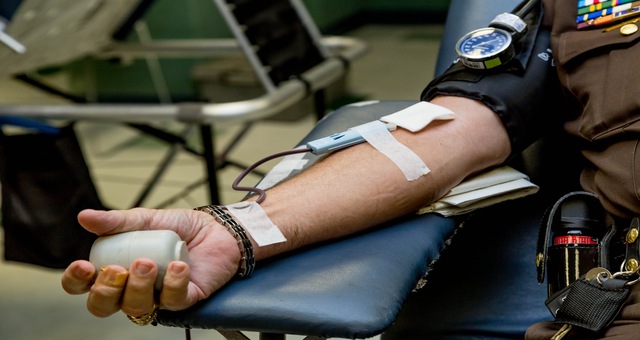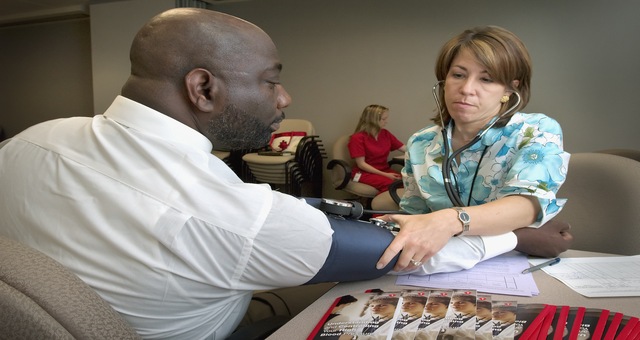Falling temperatures lead to a rise in hypertension, heart ailments, and strokes

Falling temperatures lead to a rise in the number of patients. There has been a notable increase in patients in Ranchi and the rest of the country. People are reported to get admitted to hospital resulting in hypertension, heart ailments, and strokes.
This is a result of the cold weather causing the arteries to shrink and the blood to thicken as a consequence. This increases blood pressure and puts strain on the heart. This is why cold weather can lead to heart attacks and other cardiovascular problems.
Temperature falling in the late morning makes people lazy to move out of their blankets and do some exercises. Sudden rising and falling temperatures have drastic effects on our body and its system. (a) falling barometric pressure precedes the onset of bad weather.
There are some exercises that can be done to help you get fits whenever the temperature drops and tire pressure. In this blog, we explore why low temperatures are associated with cardiovascular problems, emphasizing the benefits of staying proactive during the winter.
5 Reasons why pressure falling can result in hypertension fall risk
1. Arterial Constriction and Blood Thickening:
There are more physiological changes occurring within our bodies when it gets cold; it triggers more than just a nip in the air. Heart problems are largely caused by artery contractions and thickening blood. Blood pressure increases as arteries narrow due to the reduction in temperatures. Consequently, individuals are more likely to experience heart attacks and other complications as a result of the denser blood.

2. Lethargy and Lack of Exercise:
Late in the mornings, individuals are discouraged from getting out of bed, resulting in a decline in physical activity. In cold weather, exercise can exacerbate the risks associated with falling temperatures because reluctance to engage in it plays a pivotal role in maintaining cardiovascular health. The negative impact of sedentary lifestyles on heart health is compounded during winter months by weight gain and a decrease in overall fitness.
3. Fluctuating Temperatures and Barometric Pressure:
Human bodies can be affected drastically by sudden changes in temperature, especially if barometric pressure falls. Barometric pressure drops often precede adverse weather conditions, according to research. Blood pressure and cardiovascular health may be affected by these changes. To manage and mitigate the associated health risks, it is crucial to understand and monitor these fluctuations.

4. Proactive Measures:
Cardiovascular health may be challenged by the cold weather, but proactive measures can be taken to safeguard one’s health. Maintaining physical activity levels can be achieved through indoor exercises, such as yoga or home workouts. To stay warm against the cold, it’s essential to dress warmly. It is also possible to detect and manage potential cardiovascular problems early through regular check-ups with healthcare professionals.
5. Exercises to Combat the Cold:
It is necessary to exercise strategically to mitigate the effects of falling temperatures. Preparing the body for increased physical activity can be achieved through warm-up exercises, both indoors and outdoors. Walking or jogging at a brisk pace can increase cardiovascular health. While the weather is cold, indoor exercises provide an alternative to outdoor activities.
Exercise for Falling temperatures

- Warm-Up Exercises:
- Jumping jacks
- High knees
- Arm circles
- Cardiovascular Activities:
- Brisk walking
- Jogging in place
- Indoor cycling
- Indoor Strength Training:
- Bodyweight exercises (push-ups, squats, lunges)
- Resistance band workouts
- Dumbbell exercises
- Flexibility Routines:
- Yoga
- Stretching exercises
- Pilates
Conclusion
Cardiovascular health is becoming increasingly concerned as temperatures plummet. For prevention, it is crucial to understand how the body reacts to cold weather. Winter challenges can be overcome by exercising regularly and taking a proactive approach to healthcare. Winter is a season of chilly embraces, so a warm heart is a necessity for staying healthy.





1 Comments
I find it incomprehensible that you are not more popular than you already are, given your intelligence. I was able to look at this topic from a number of angles because of your depth of knowledge. It appears that until a conversation turns to Woman gaga, neither men nor women seem to be really interested in things related to women. Continue your fantastic work.